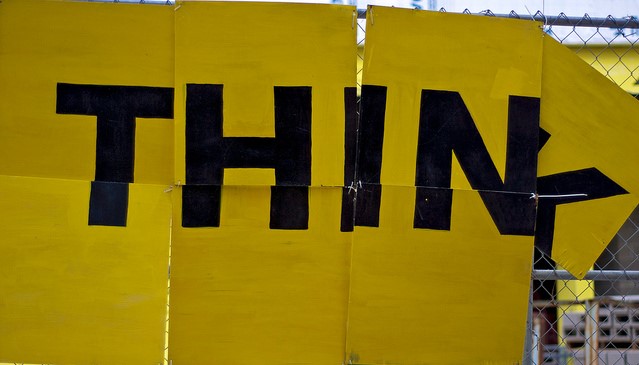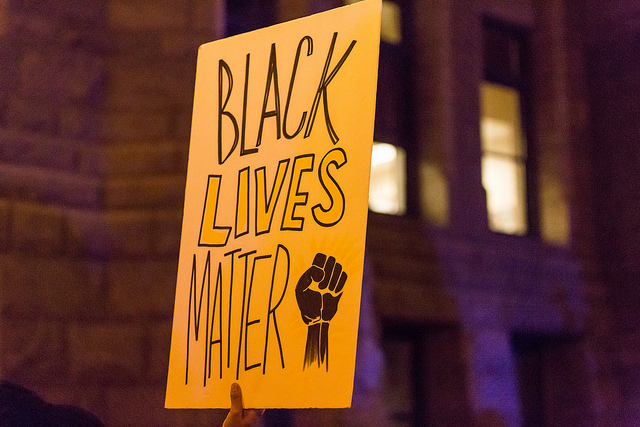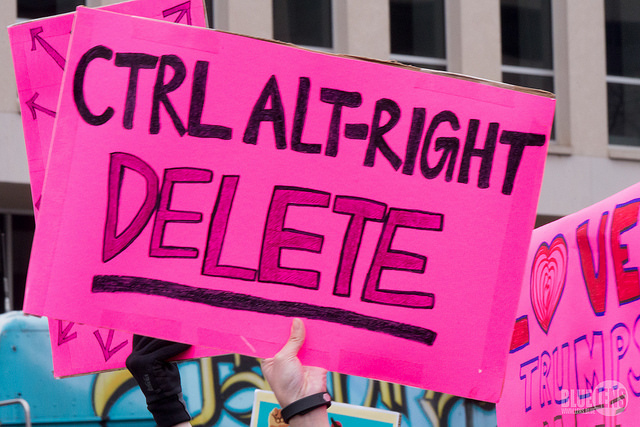
Does talking about economic inequality really matter when it comes to influencing voters? A recent article in The Washington Post discusses research on whether income inequality impacts Americans’ support for certain economic policies. A report from Leslie McCall and Jennifer A. Richeson suggests that when presented with data on economic inequality, Americans develop skepticism about the existence of actual economic opportunity, and will tend to favor policies that promote equality. Using experimental data, the researchers found that when presented with information on income inequality, 58% of Americans surveyed responded more favorably toward policies proposing decreasing the pay gap (in contrast to 51% for those who did not receive information). The authors write,
“Americans tend to support greater spending on education when their opposition to inequality rises or inequality itself rises, consistent with a link between concerns about inequality and opportunity. But this pattern may be limited to particular time periods and does not extend to support for other kinds of spending or government redistribution generally.”
The research suggests that Americans are fully capable of linking income inequality with economic opportunity and that efforts should not be made to avoid discussing one or the other. The authors conclude,
“For this reason, the instinct to focus on economic opportunity instead of inequality seems misplaced. In the minds of Americans, the two can be linked quite readily.”









